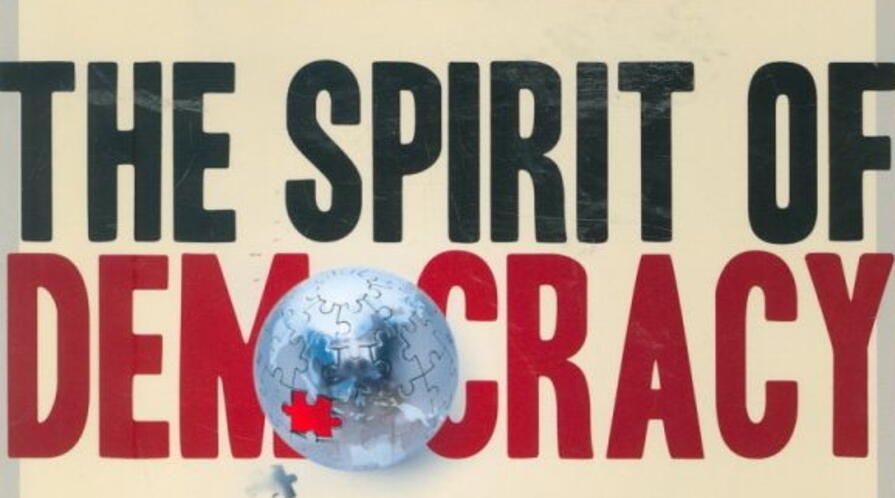Former president of Mexico to give public lecture March 5
Vicente Fox, the former president of Mexico, will give a talk at Stanford titled "Economic Growth, Poverty and Democracy in Latin America—A President's Perspective" from 4:30 to 6 p.m. Wednesday, March 5, in Bishop Auditorium.
The address is free and open to the public and is the 2008 Robert G. Wesson Lecture in International Relations Theory and Practice offered by the Freeman Spogli Institute for International Studies (FSI). It is co-sponsored this year by the Graduate School of Business.
Fox ran for the presidency in 2000 as the candidate of the National Action Party (PAN) on a platform focused on ending corruption and improving the economy, and was the first to defeat the Institutional Revolutionary Party (PRI), which had governed Mexico for more than 70 years. A former rancher, businessman and chief executive of Coca-Cola in Mexico, Fox devoted his efforts as president to expanding trade with the United States, promoting economic growth and job creation, and reducing corruption, crime and drug trafficking.
Since leaving office, Fox has been involved with a sweeping initiative to construct a social agenda for democracy in Latin America for the next 20 years, launched by Alejandro Toledo, former president of Peru from 2001 to 2006. Toledo is a Payne Distinguished Visiting Lecturer at Stanford this year.
"It is a pleasure to welcome my friend, former President Vicente Fox, to Stanford, the Freeman Spogli Institute and the Center on Democracy, Development and the Rule of Law, where serious scholars and practitioners are committed to develop democracy that delivers concrete results for the poor and fosters social inclusion," said Toledo.
FSI Director Coit D. Blacker and Toledo will give opening remarks. Toledo will join Fox for the question-and-answer session at the conclusion of the lecture.
![presidente fox[1]](https://fsi9-prod.s3.us-west-1.amazonaws.com/s3fs-public/styles/895x498/public/news/1447/presidente_fox%5B1%5D.jpg?h=678b3338&itok=AoIf7bl6)

